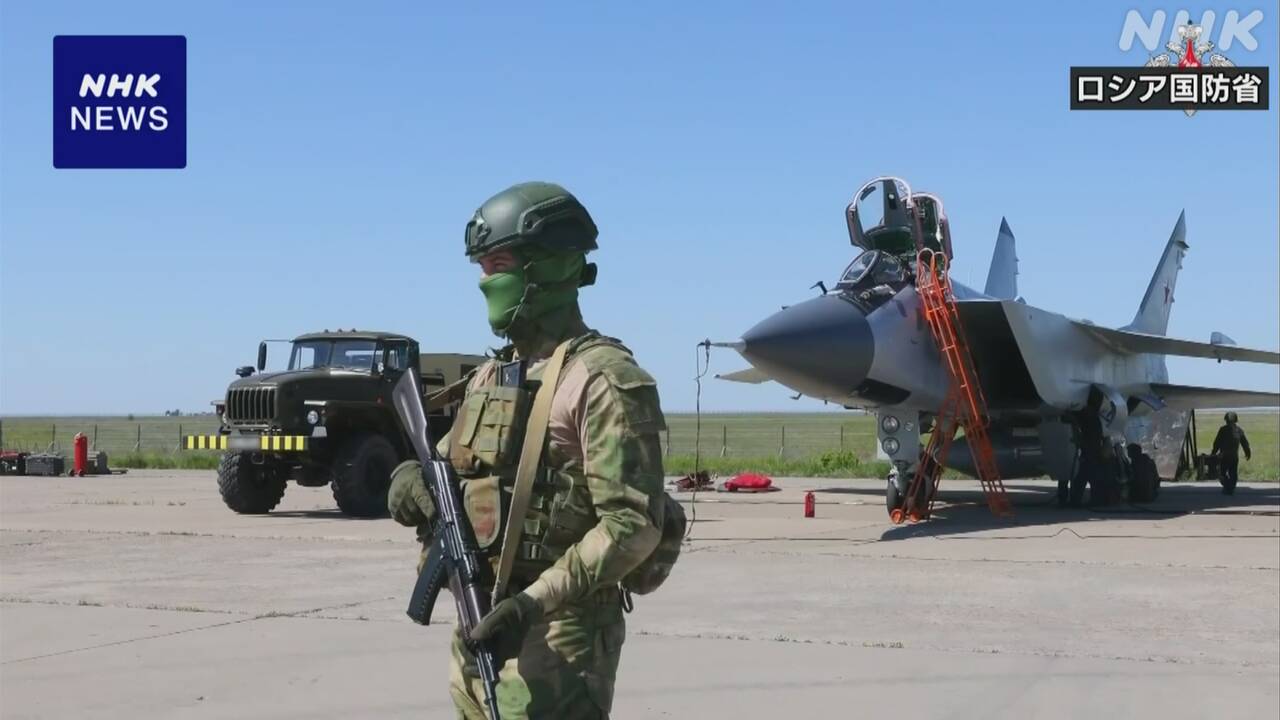Russian Military Conducts Tactical Nuclear Weapons Exercises
The Russian Ministry of Defense has launched a series of military exercises involving tactical nuclear weapons units. According to a statement released on October 21, these exercises are executed under the direct guidance of President Vladimir Putin and are intended as a response to what Russia perceives as provocative statements and potential threats from Western nations. The exercises are taking place in Russia's Southern Military District, a strategic location that serves as the launch point for military operations in Ukraine.
The drills involve the use of Iskander short-range ballistic missiles and the Kinzhal hypersonic missiles, which can travel at speeds up to 10 times the speed of sound and can carry nuclear warheads. The first phase has seen the Russian troops practice obtaining specialized ammunition for the Iskander system, equipping launchers, and advancing stealthily to designated firing positions. The exercises are structured in three stages, with Belarus, Russia's allied nation, also set to participate.
President Putin stated earlier this month, during a meeting with Belarusian President Alexander Lukashenko, that the exercises aim to bolster Russia's territorial integrity and sovereignty. The Ministry of Defense reiterated this sentiment, explicitly highlighting it as a countermeasure against threats posed by certain Western officials, with specific references to French President Emmanuel Macron's comments on bolstering NATO's presence in Ukraine.
Escalation Doctrine and Internal Russian Politics
The recent exercises are seen as part of Russia's broader 'escalate to de-escalate' doctrine. This strategy involves launching a limited nuclear strike to intimidate adversaries and potentially force them into peace negotiations, although official doctrine states that nuclear weapons would only be used if the state's existence is threatened.
Adding complexity to the situation, there have been significant internal developments within the Russian military. Former 58th Army commander Ivan Popov, known for his significant role in the defense against Ukraine's counteroffensives, has been arrested on corruption charges. This arrest follows similar charges against other high-profile military officials. The accusations have resonated strongly among pro-war circles in Russia, given Popov's outspoken criticism of the military's weaknesses and his reassignment to Syria just months ago.
Prominent figures like former President Dmitri Medvedev have publicly supported the displays of military might. Medvedev emphasized that Russia's strategic missile systems, including the Sarmat, Yars, Iskander, Tsirkon, and Kinzhal, provide the best guarantees for Russia's security in the face of Western threats. He criticized the idea of seeking peace with Ukraine, asserting the indispensability of these nuclear assets.
- The exercises have drawn global attention and concern, especially given the involvement of advanced and hypersonic missile technologies.
- Western nations, particularly those aligned with NATO, have expressed alarm over the potential escalation of nuclear readiness, which could further destabilize the region.
- Experts suggest that these maneuvers serve multiple purposes for Russia, including domestic propaganda, deterrence, and a demonstration of military prowess to both allies and adversaries.
- Belarus's involvement in these exercises indicates a consolidation of military strategies between Russia and its ally, further solidifying their joint stance against Western interventions.






